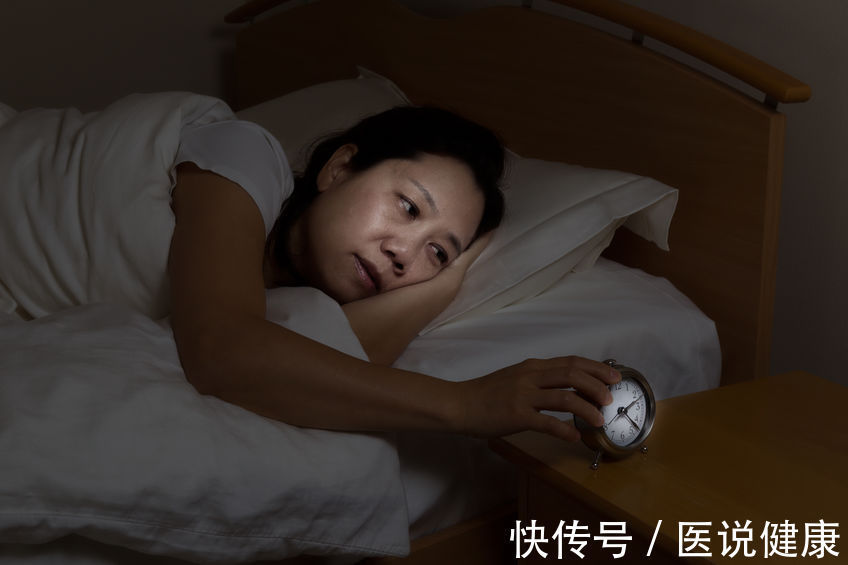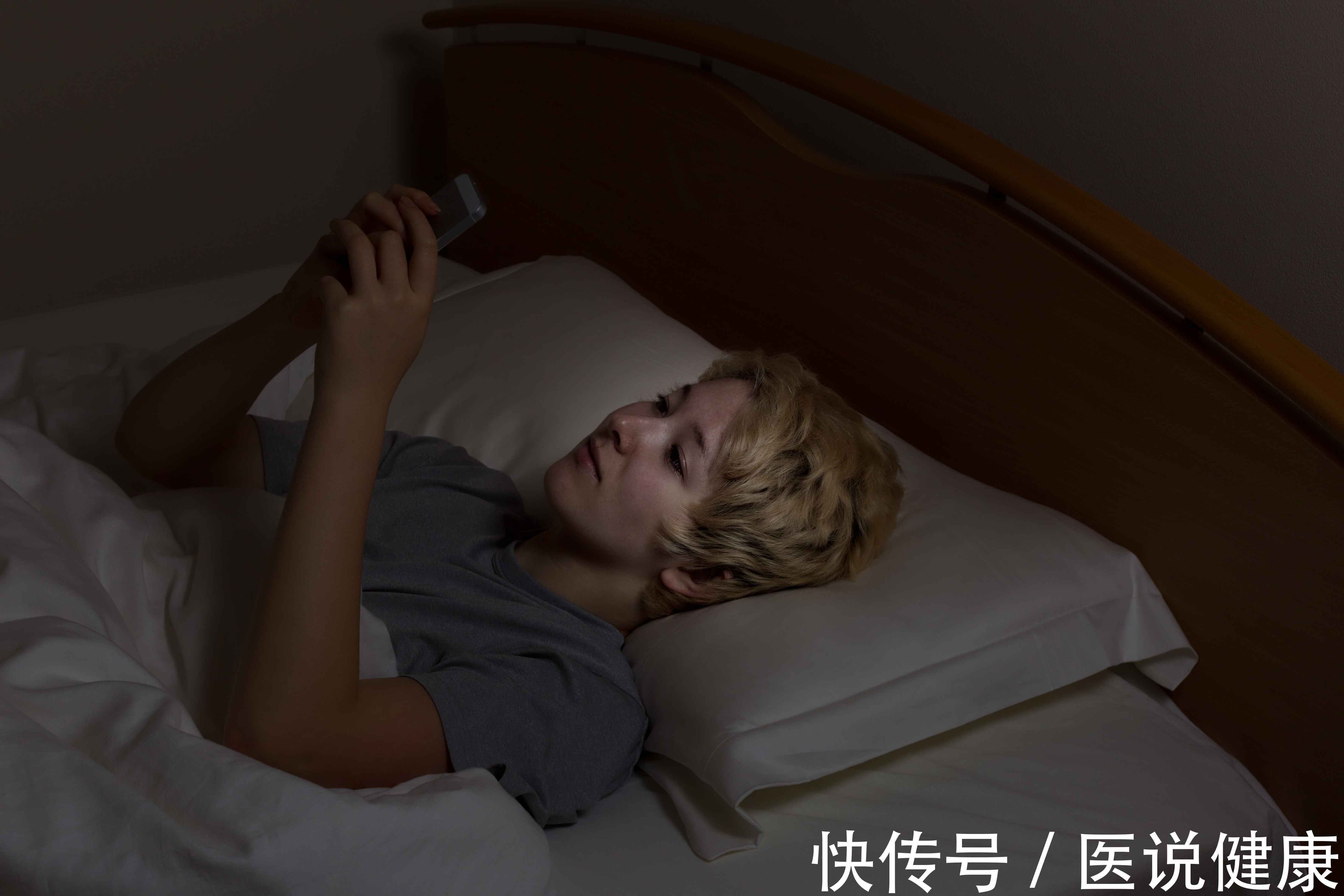Some people are always very awake after going to bed at night, tossing and turning hard to fall asleep. Especially after being unable to rest well for several nights in a row, people’s mood will also become low, listless during the day, and lack of energy to do things.
At night, there will be the worry of “Can’t sleep again tonight?”, which triggers anxiety and forms a vicious circle.
Actually, according to clinical medical research, this sleep disorder is not a substantive disease, but more of a subjective feeling of people that their poor sleep affects their life and work.
Of course, mood, diet, exercise, physical health and illness all affect people’s sleep quality to varying degrees.

So, who are prone to sleep disorders?
The first category: patients with mental illness, such as depression, schizophrenia.
These patients have certain lesions in the brain tissue and nervous system, which affect thinking, cognition and sleep quality. They can only rely on hypnotic drugs to interfere with sleep.
The second category: people who have suffered major blows, such as misfortunes in life, sudden changes in interpersonal relationships, death of relatives and other events, which can easily make the person’s emotions unable to regulate and cause sleep disorders.

The third category: patients with certain diseases, such as nocturia, frequent nocturia will not stop Interrupts a person’s sleep, making it difficult to fall back asleep. Patients with sleep apnea syndrome are also constantly “suffocated” due to lack of oxygen due to apnea.
The fourth category: the influence of bad habits, such as smoking, drinking tea, drinking coffee and cola drinks. Nicotine in cigarettes, theophylline in tea, and caffeine in coffee and cola can all affect the central nervous system of a person and cause difficulty falling asleep.

Everyone wants to be able to “sleep till dawn” and wake up refreshed, then , How to improve sleep quality?
First, people who have trouble falling asleep need to get rid of bad eating habits. Such as quit smoking, reduce or avoid caffeinated beverages, and avoid caffeinated snacks such as chocolate. It is also not edible before going to bed, so as not to stimulate the nervous system and affect sleep..
Second, develop a good habit of regular sleep, form a fixed biological clock. Avoid sleeping late in the morning and staying in bed. Don’t take long naps, so as not to get too much sleep during the day, leaving the brain’s nerves not tired enough to fall asleep at night.

Third, maintain a certain amount of activity during the day and avoid strenuous exercise before going to bed. People’s body and nerves are fully active during the day, and they can fall asleep faster at night.
However, if you do vigorous activity before bedtime and your muscles are in a state of excitement, it’s not easy to recover quickly at bedtime, making it harder to fall asleep.
Fourth, keep quiet before going to sleep and do not do anything unrelated to sleep. In recent years, studies have shown that blue light from mobile phone screens can inhibit the secretion of melatonin from the pituitary gland, and melatonin is a substance that promotes human sleep, so playing mobile phones before going to bed may lead to insomnia .

Of course, we can also hang dark opaque curtains and close doors and windows to avoid noise , adjust the temperature and humidity of the bedroom, configure the bedding that you feel comfortable, etc. These measures can create a warm and comfortable sleeping environment and help people sleep well.
But there is one thing to pay attention to. If the frequency of insomnia is very high, or if the insomnia lasts for a long time and there is no sign of relief, it is necessary to consult a specialist in the hospital in time, so that the doctor can make a diagnosis and treat.